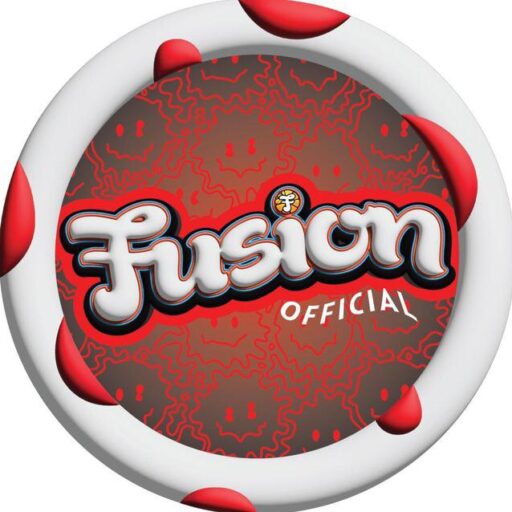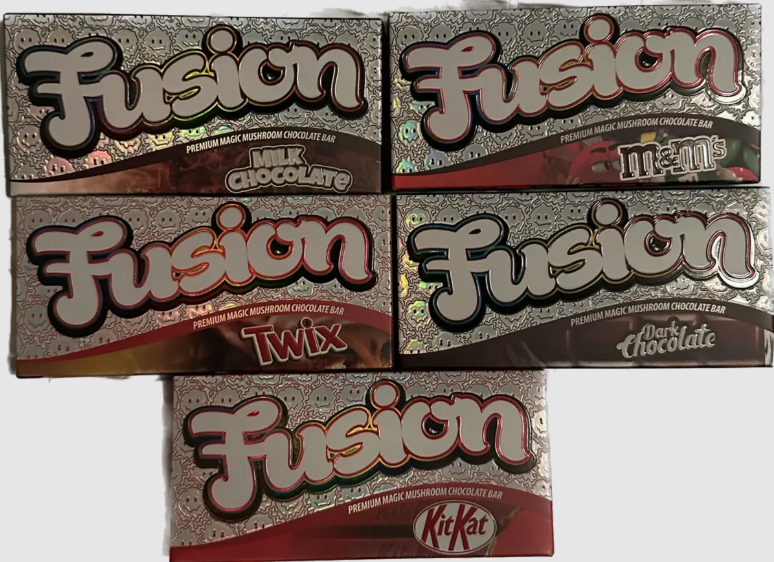Uncategorized
Demystifying the Law: Your Guide to Fusion Mushroom Bars Legal Considerations
Fusion Mushroom Bars Legal: A Comprehensive Guide
When it comes to the legal aspects surrounding fusion mushroom chocolate bars, understanding the regulations is essential. These products, including the popular mushroom chocolate bar and fusion chocolate bar, often include psilocybin mushrooms. Fusion mushroom bars have exploded in popularity, offering a unique blend of flavors and potential health benefits. But with the rise of this trend comes important legal questions. Let’s delve into the laws and regulations governing these products.
Understanding Fusion Mushroom Bars
Fusion mushroom bars combine culinary mushrooms with other ingredients like fruits, nuts, and chocolate. They’re often touted for their potential to:
- Boost Immunity: Certain mushrooms contain compounds that may support the immune system.
- Enhance Mood: Some mushrooms are being studied for their potential effects on mood and anxiety.
- Provide Antioxidants: Mushrooms are a natural source of antioxidants, which help protect cells from damage.
However, the legal status of these bars can vary depending on the specific mushroom varieties used and where you live.
Fusion Mushroom Bars Legal: Navigating Its Considerations & the Psilocybin Gray Area
The primary legal concern with fusion mushroom bars centers around psilocybin, a psychoactive compound found in certain types of mushrooms (often called “magic mushrooms“). Psilocybin is classified as a Schedule I controlled substance in many countries, including the United States.
Legality by Region
The legal landscape for psilocybin and products containing it is complex and evolving:
- Some U.S. Cities Decriminalizing: In recent years, cities like Denver, Oakland, and Ann Arbor have decriminalized psilocybin for personal use. However, it’s still illegal at the federal level.
- Medical Research: There’s growing interest in the therapeutic potential of psilocybin for conditions like depression and PTSD. Some states and countries are conducting research in controlled settings.
- Functional Mushrooms: Fusion bars containing mushrooms without psilocybin (like Lion’s Mane, Reishi, or Cordyceps) are generally legal, but regulations can vary.
The Future of Fusion Mushroom Bars
The status of fusion mushroom bars legal, particularly those with psilocybin, is likely to continue evolving. As research progresses and societal attitudes shift, we may see changes in regulations. It’s essential to stay informed about the latest legal developments in your area.
Conclusion: Enjoying Fusion Mushroom Bars Responsibly
Fusion mushroom bars present a fascinating intersection of culinary delight and legal complexity. As this trend continues to gain momentum, it’s crucial for consumers to be informed and responsible. By understanding the fusion mushroom bars legal nuances, researching products carefully, and consulting with professionals when necessary, you can safely explore the world of fusion mushroom bars and potentially reap their unique benefits.

